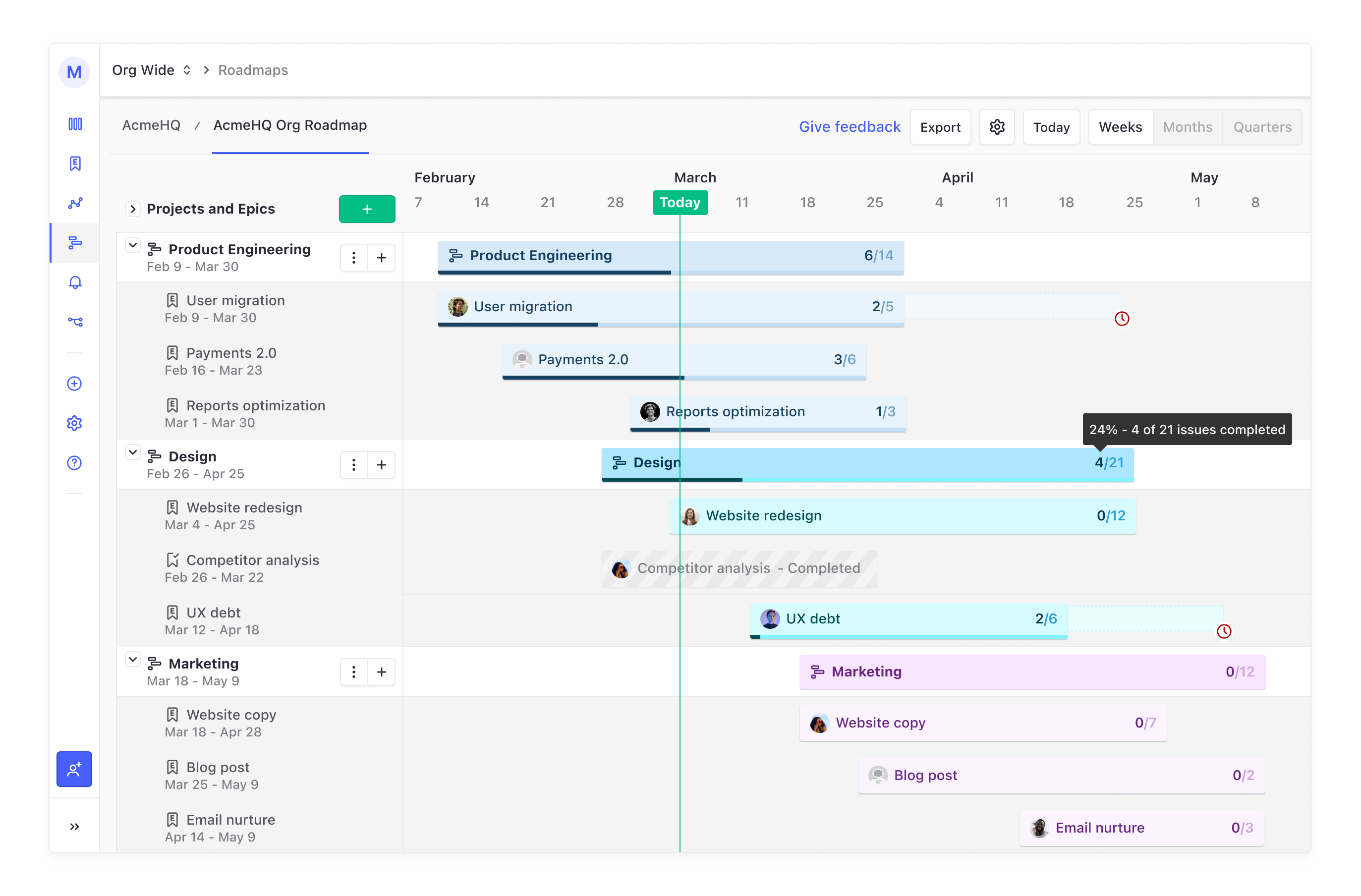Zenhub got its start in 2014 as a project management service for developers that was deeply integrated with GitHub. While the company has expanded its feature set over the years, users always needed a GitHub account to use it, even as its user base expanded beyond the original developer audience to include non-technical users on marketing, customer and product teams, for example. Until now, those users needed GitHub accounts, too, at an additional cost for the employers; starting today, Zenhub users won’t need a GitHub license anymore. The company, which is also announcing a $10 million Series A funding round led by Vancouver, Canada’s Yaletown Partners, is launching Zenhub Issues today, its new issue management experience that will allow non-technical users to create issues and track projects within the service — all without a GitHub account.
As Zenhub co-founder Aaron Upright told me, this doesn’t mean the company is moving away from GitHub — that’s still very much the core of what it does. “We’re moving away from GitHub as a platform, but we’re now providing an independent way on top of GitHub issues for teams to create tasks and manage and track work,” he explained.
He noted that the company’s users don’t want GitHub access to be a limiting factor for who can collaborate with development teams. What happens today is that the development team uses Zenhub and the non-technical teams use Asana, Trello, Monday.com or similar services — but that makes it harder for them to collaborate with the technical teams.
“The use case that we’re really trying to unlock with Zenhub Issues is to give everyone a way to collaborate on Zenhub,” Upright said. “Developers can still connect to GitHub and be working in GitHub. But now we have a new task type and a new issue type for non-technical people to come in and collaborate with their developers in the same interface.”
Given the current financial environment, many companies are looking to reduce how much they spend on their software licenses, so this is also a good strategic move as it allows these users to consolidate their project management activities into a single service — all while the developers can still work within the Zenhub extension in GitHub and the non-technical users don’t have to interact with the GitHub issues.
Upright also noted that the previous approach — where everybody needed a GitHub account — created some security issues for some companies, given that a lot more users had to have access to GitHub than really needed it.
But as Upright also stressed, this is just the beginning of the company’s play to move beyond GitHub. With Zenhub Issues in place, it can now more easily support other platforms as well. GitLab, he said, is likely the first one of these.
That’s also why the team decided to raise new funding now. Vancouver, Canada-based Zenhub was never the typical growth-at-all-cost Silicon Valley company, so it never raised massive funding rounds. Indeed, it was only in 2021 that it raised its $4.7 million seed round after years of bootstrapping. This new round, led by Yaletown, also includes support from BMO Capital Partners and existing investors BDC Capital. Zenhub will use the new capital to make critical hires, as needed.
“With the expansion of the platform, Zenhub continues to drive that efficiency in dev teams but now also enables visibility into the code base for non-technical employees, and that’s what got us most excited about partnering with them,” said Michael Sfalcin, principal at Yaletown
Partners. “It’s our view that a company’s code base is the nucleus around which most modern organizations revolve, and because of that, Zenhub is in a great position to deliver a ton of value to its customers with its new platform.”


